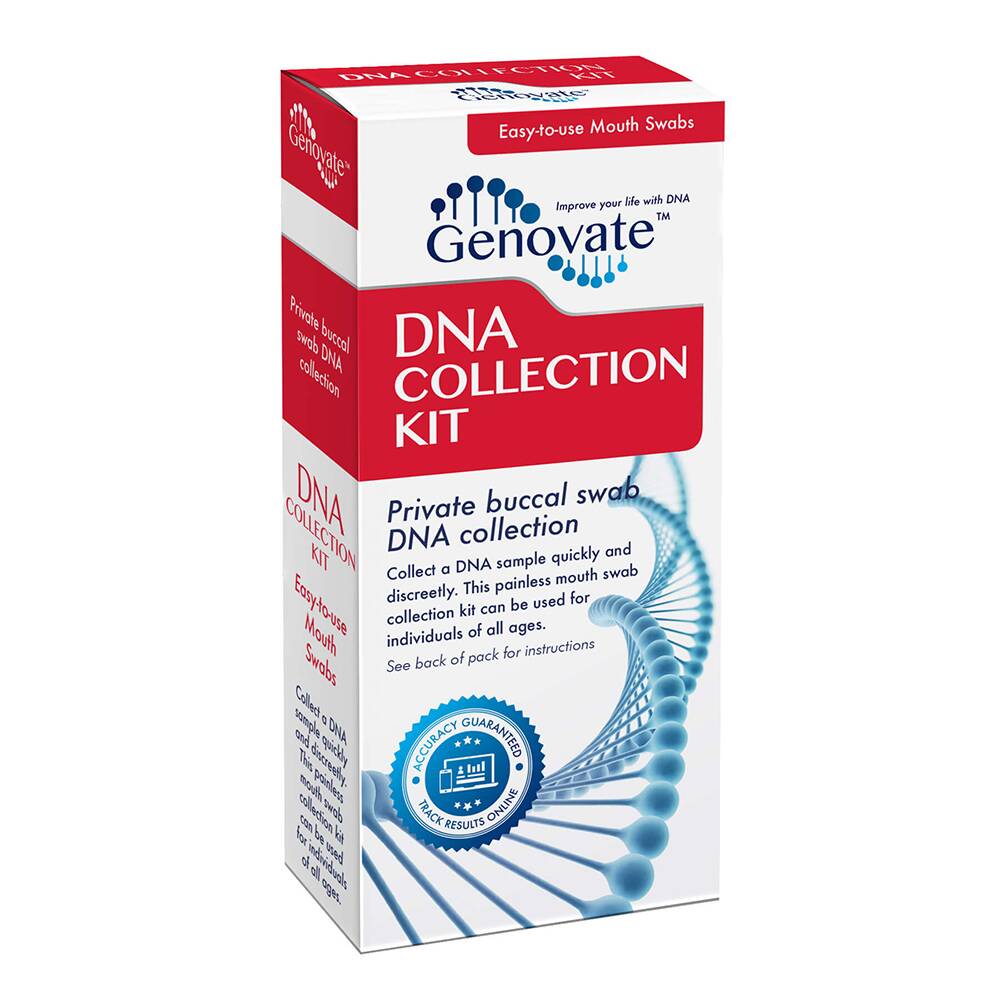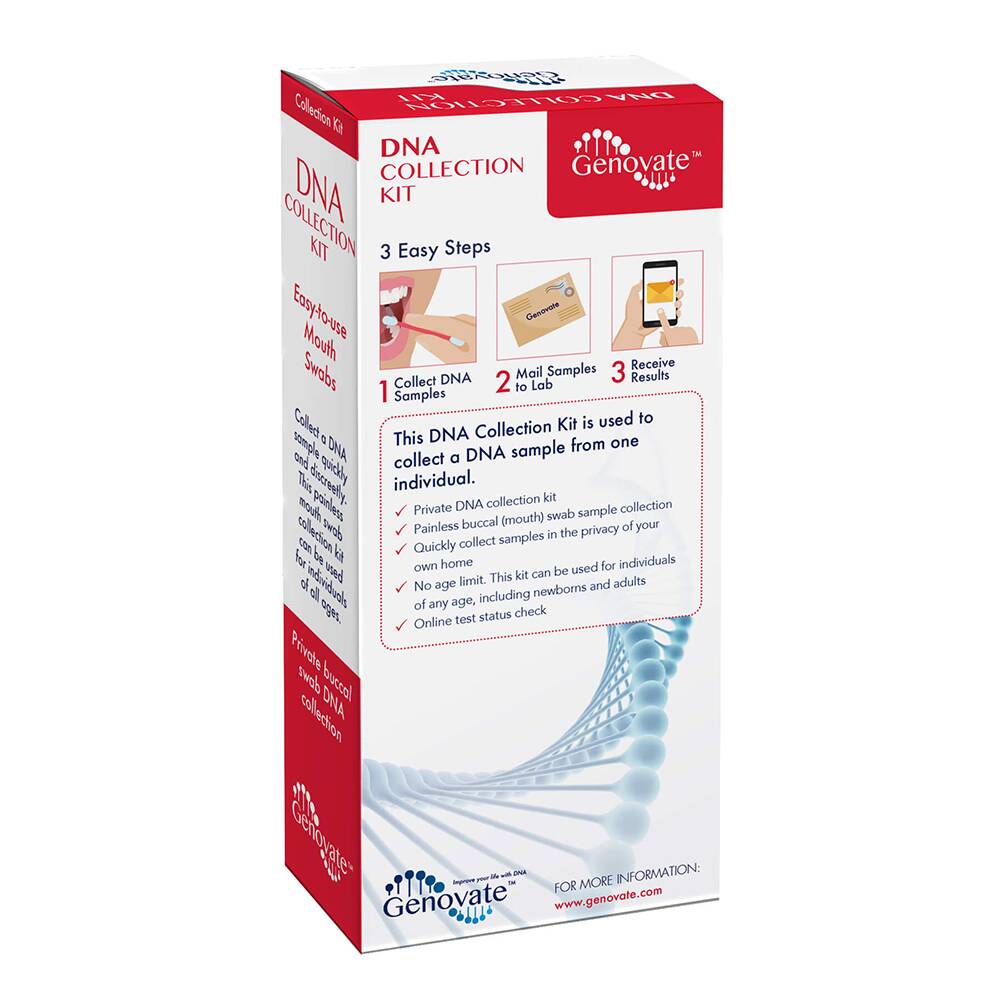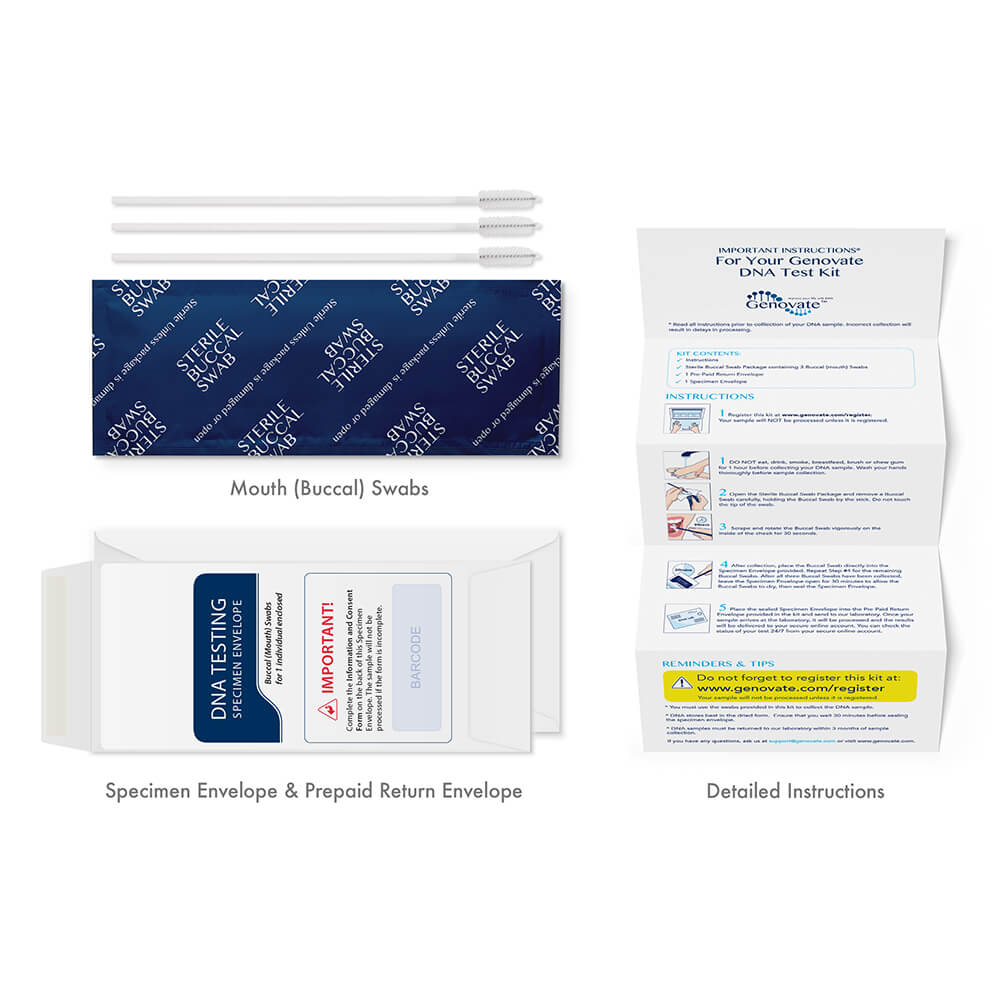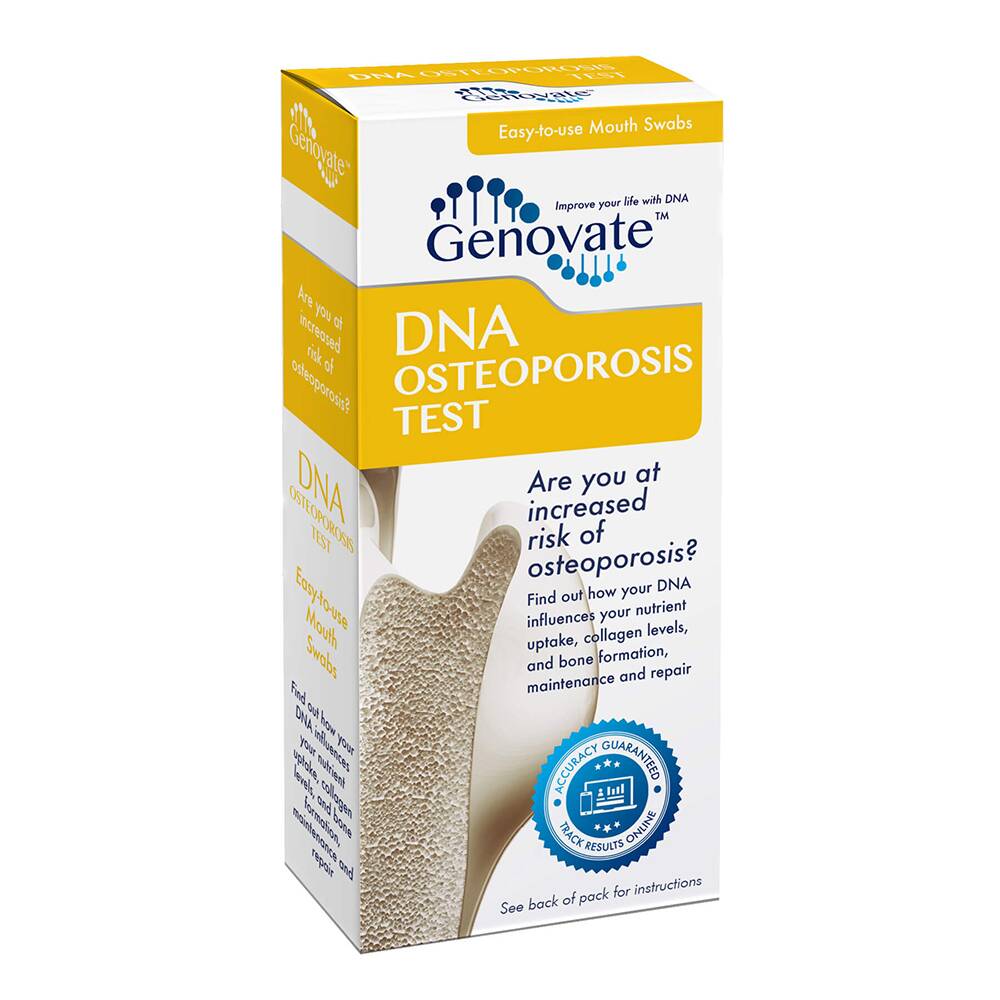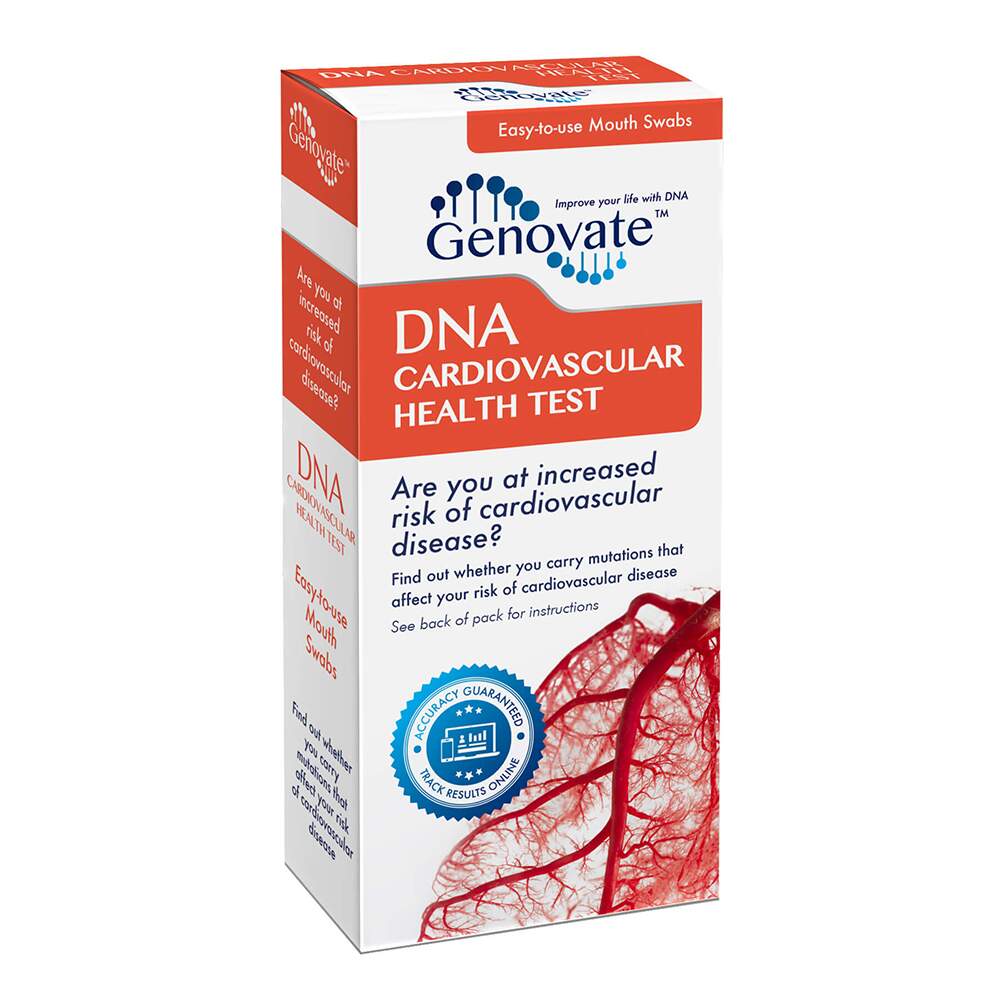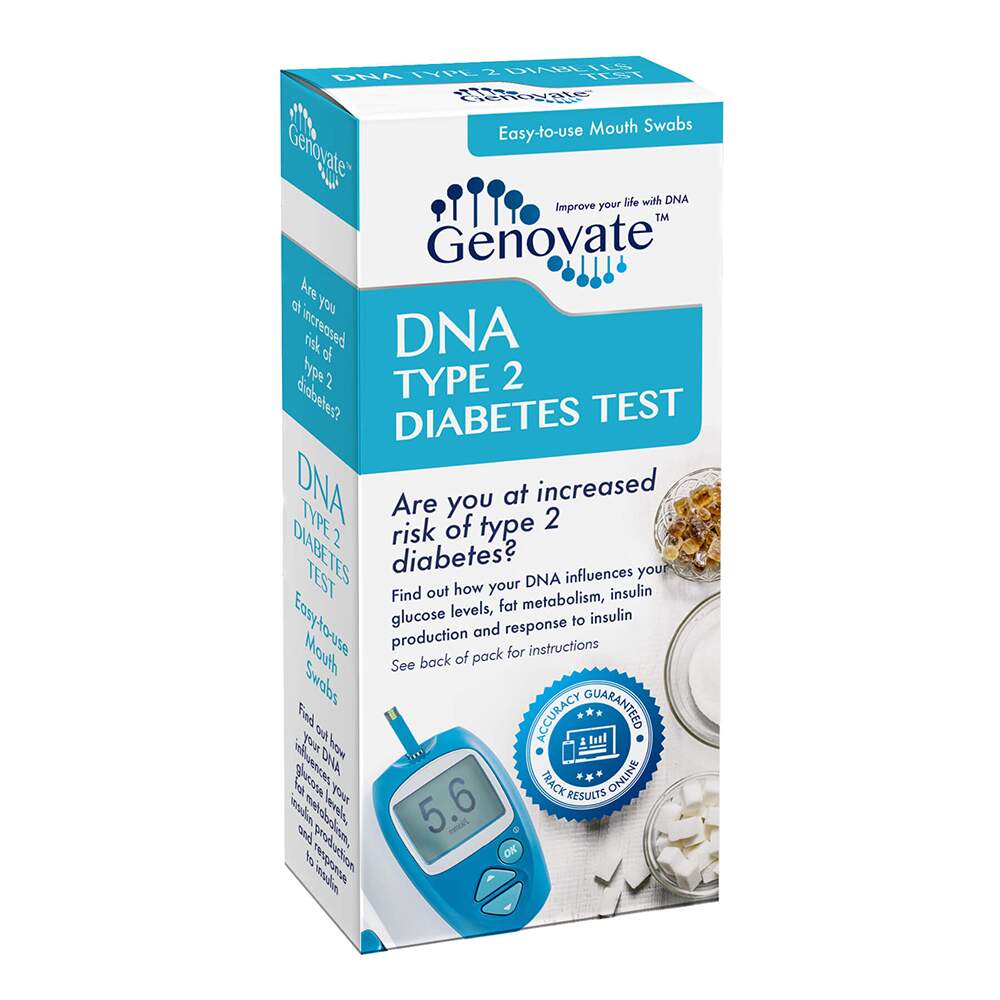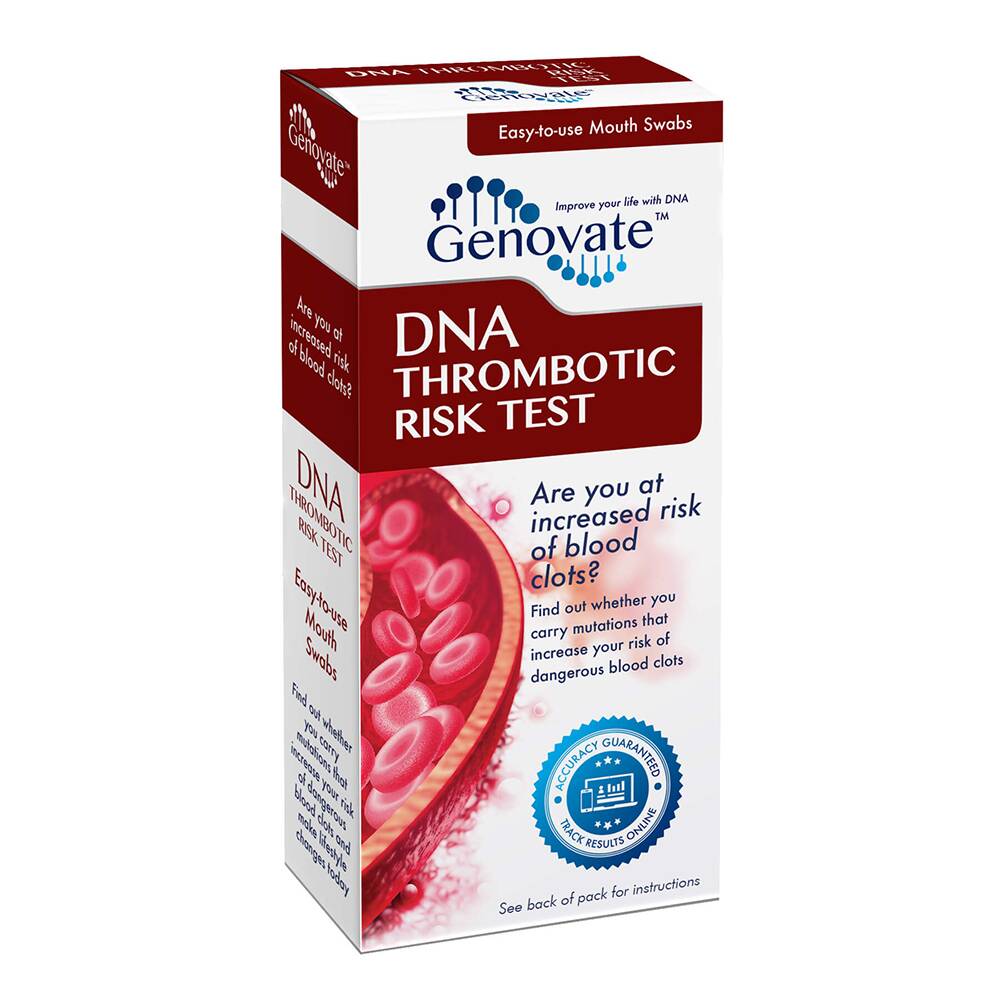Cardiovascular Disease (ApoE) DNA Test
$195.00
The APOE gene influences both your risk of a heart attack, and your best approach to lower cholesterol levels. Find out your risk and the best treatment option for you.
- Examines variants of the APOE gene
- The e2 allele associated with an increased risk of hyperlipoproteinemia type III
- The e4 allele linked to high LDL-cholesterol & increased risk of heart disease
- Uncover the most effective ways to improve your heart health
”
Cardiovascular diseases (CVD) include heart attack and stroke. Maintaining normal cholesterol levels is essential for the prevention of CVD.
LDL-cholesterol is often referred to as the “bad” cholesterol. It collects in the walls of your blood vessels, where it can cause blockages and scarring known as atherosclerosis. Increased LDL-cholesterol levels put you at greater risk for CVD.
Other contributing factors to CVD include elevated triglycerides (the main form of storage fat in our body) and high levels of other low-density lipoproteins (e.g. beta-very low-density lipoproteins).
Hyperlipoproteinemia type III is one disease characterized by elevated triglycerides and beta-very low-density lipoproteins. It is associated with an early onset of peripheral vascular disease and CVD.
The APOE gene is a major genetic risk factor involved in CVD. It can also influence how well you will respond to dietary changes and blood pressure lowering medications to control your cholesterol levels. A simple mouth swab is all we need to determine your APOE genotype.
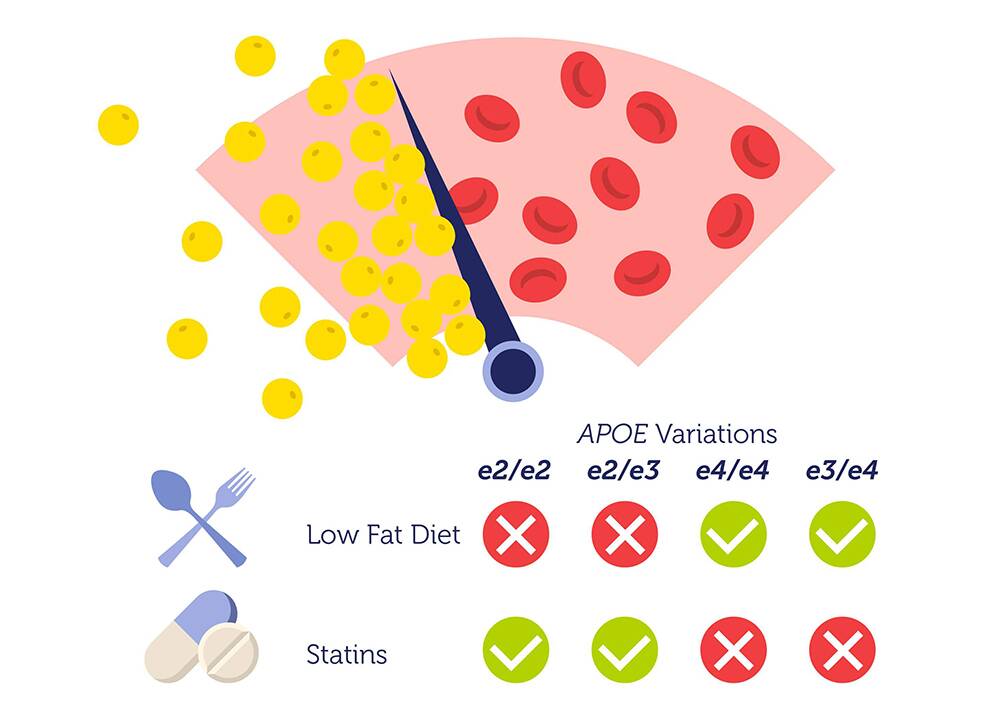
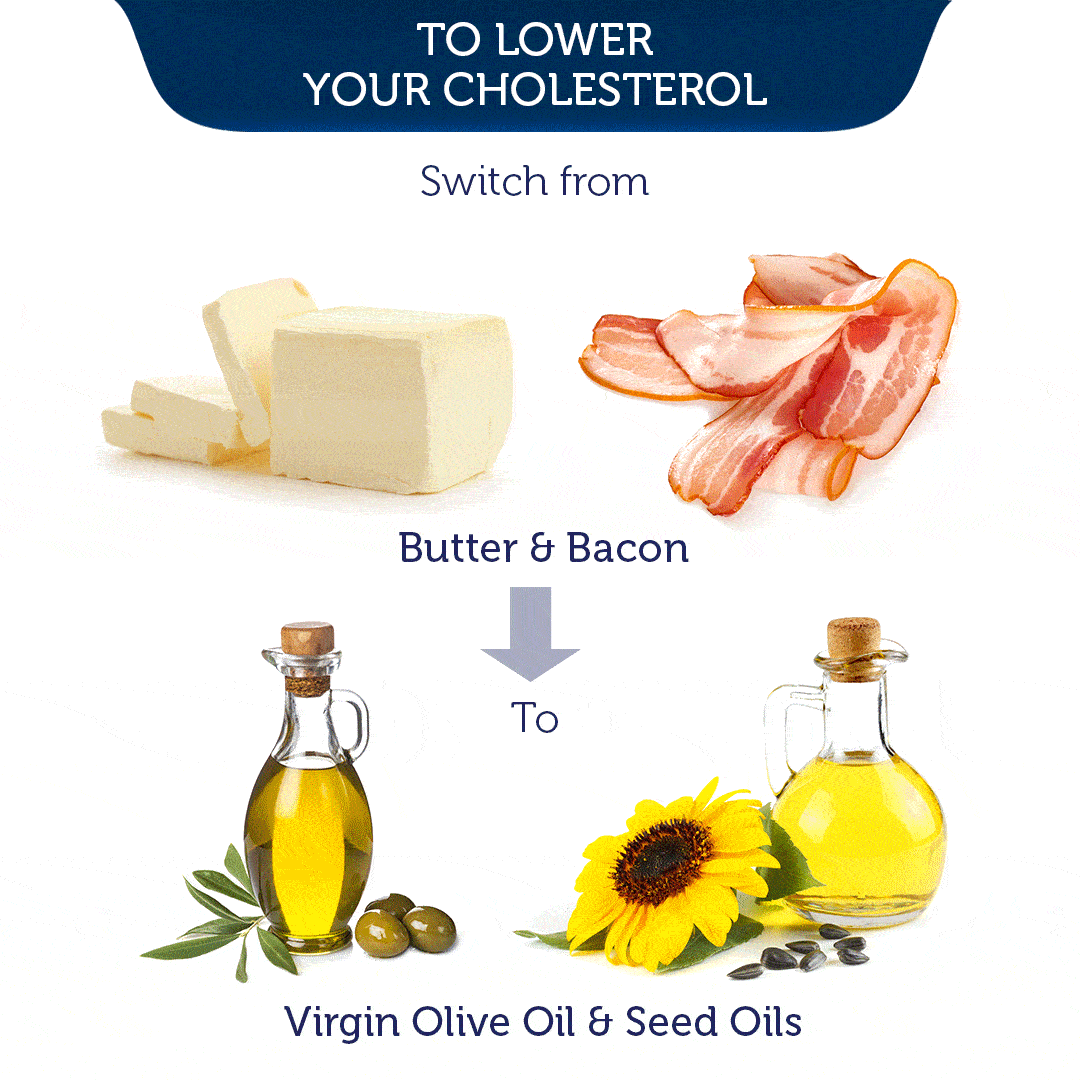
The APOE gene is a major genetic risk factor involved in cardiovascular disease. It encodes Apolipoprotein E (ApoE), a protein involved in the production, delivery, and utilization of cholesterol in the body.
How it works
Order your kit
Collect your sample
Receive your results
Related Products
$349.00
$349.00

